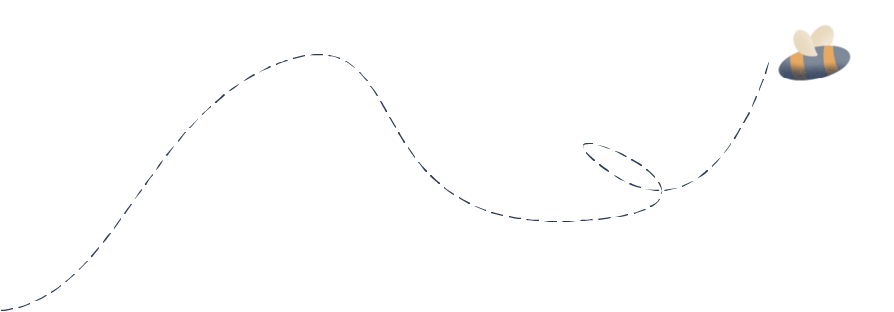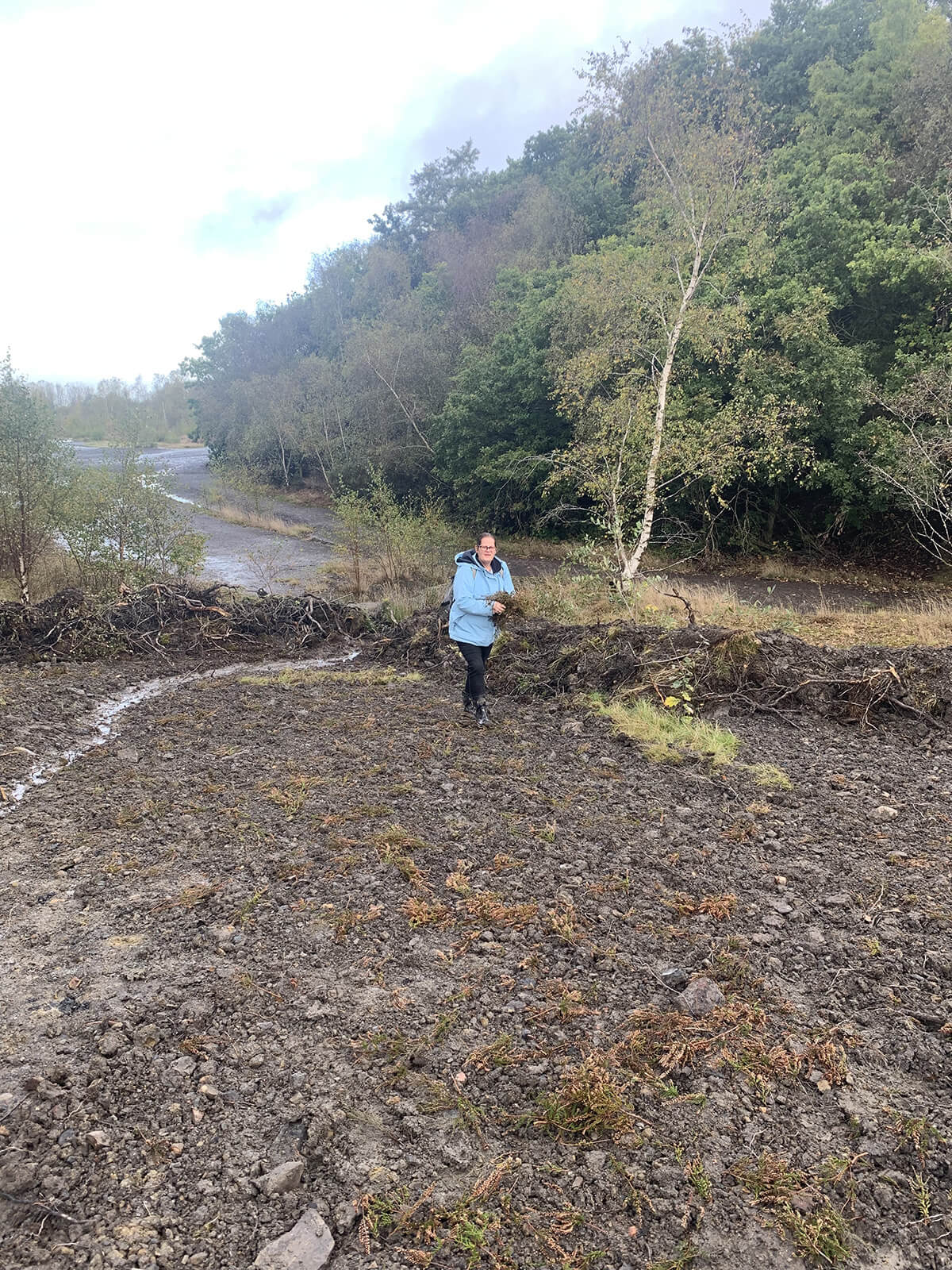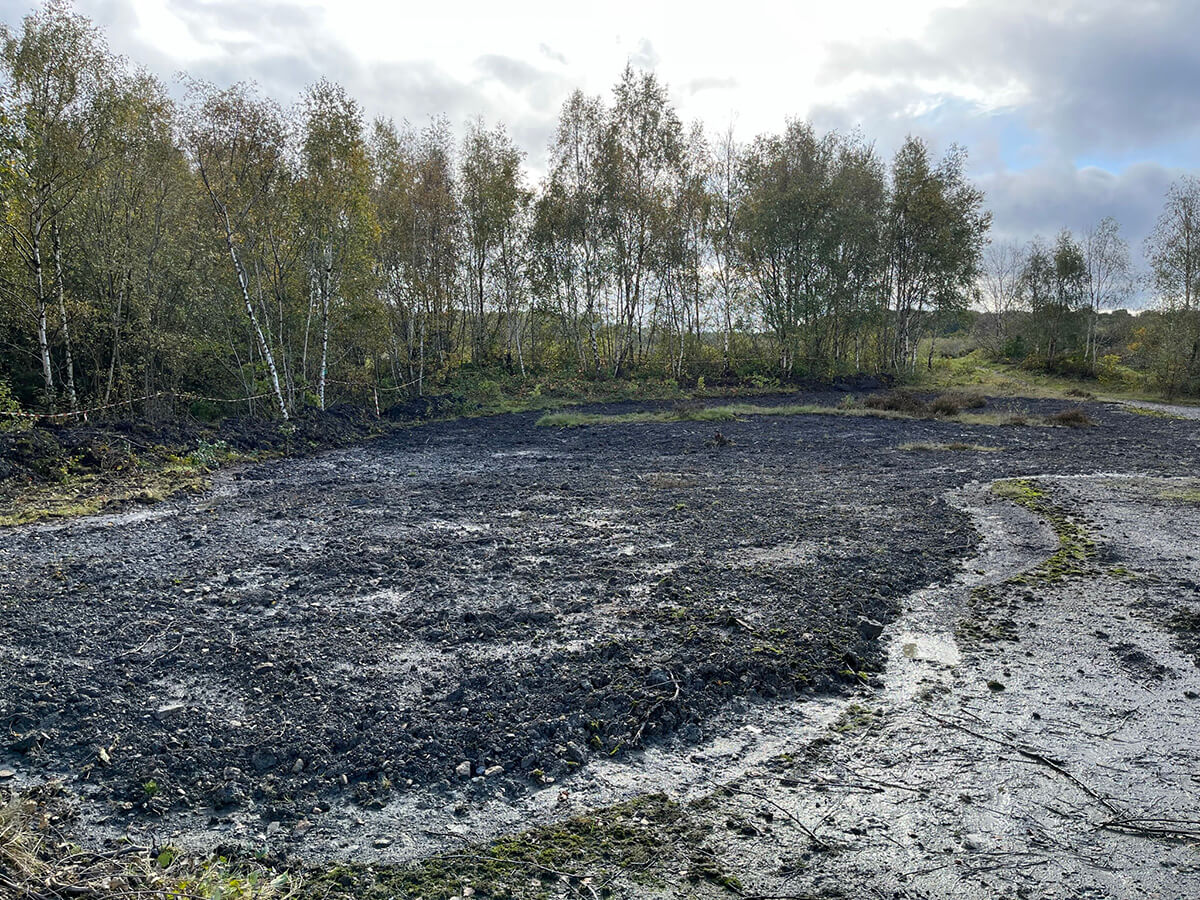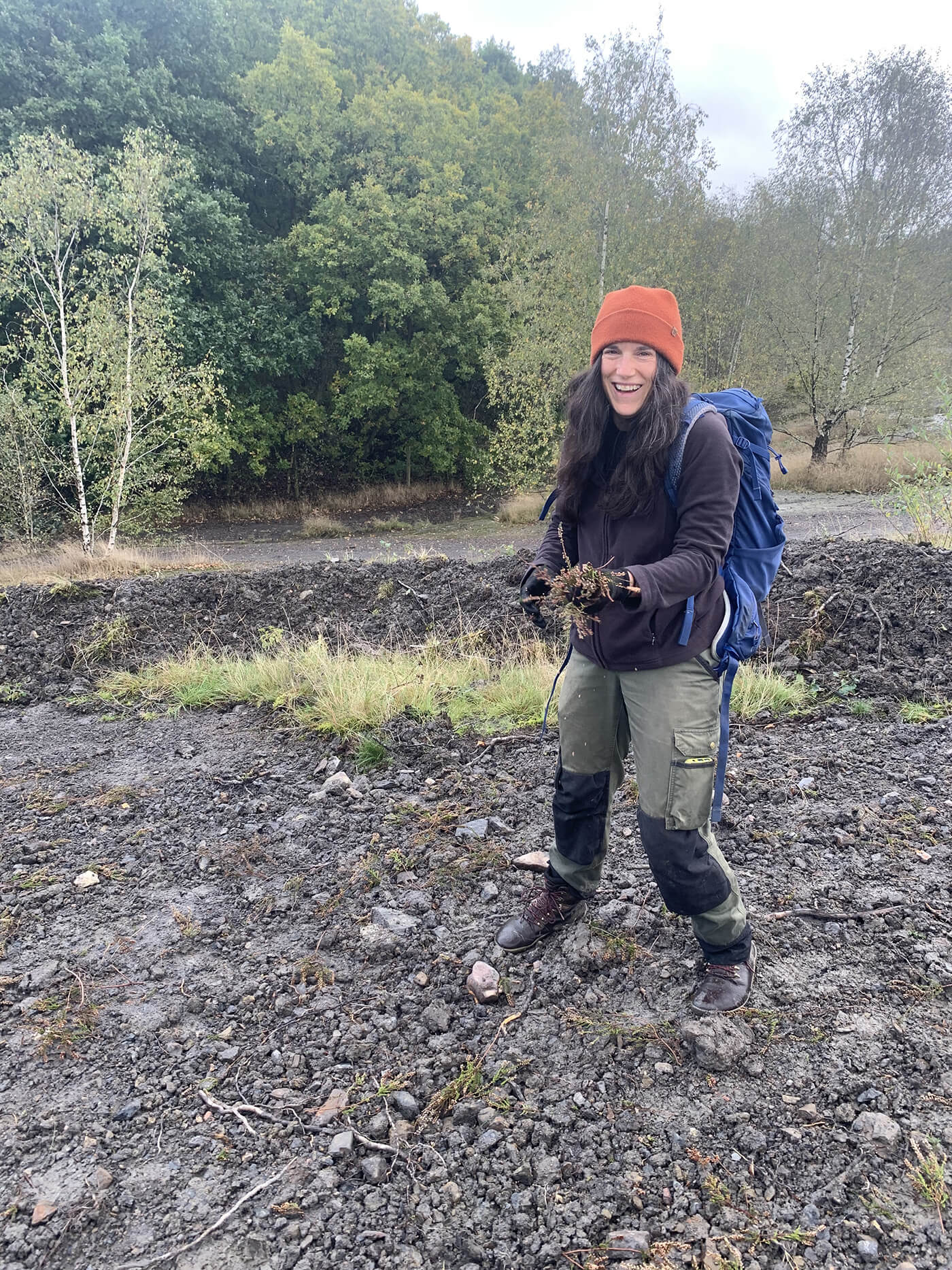Vetted Recruitment supported the planting of 0.75 hectares of wildflowers in the UK across 2022-2023
Vetted Recruitment is part of an imaginative and beautiful solution to the problem of the loss of flowers and pollinators in the UK. Not only are wildflowers attractive and beneficial to our well-being, but for the thousands of pollinating insects, wildflowers are critical.
Since 1940 we’ve lost ninety seven percent of our flower rich meadows and hundreds of our pollinator species are in decline. In areas, our local wildlife finds itself in isolated oases, walled in by agricultural land, urban landscapes, roads, and gardens.
Our solution is to restore B-Lines – a network of insect pathways along which we are restoring and creating wildflower rich habitat. These insect super highways created in partnership with GreenTheUK and Buglife will extend across the whole of the UK, allowing wildlife to move freely through our countryside and towns. Thanks to Vetted Recruitment, we have created a network of flower-rich pathways benefitting pollinators, other wildlife and people.

Wildflower Restoration in Shropshire (0.75 hectares)
Bird's foot trefoil (Lotus corniculatus) and Heather (Calluna vulgaris) plugs were planted at Granville Country Park and Weston Stockpile in Telford, a post-industrial brownfield site with the help of local volunteers as part of the 'Get the Marches Buzzing!' campaign by Vetted Recruitment. Post-industrial or brownfield sites have been subjected to frequent disturbance and tend to have low nutrient soils, giving rise to a wide variety of habitats at different stages of succession, termed open mosaic habitats. The differing succession stages can result in bare ground, heathland, woodland and grasslands and can support a variety of rare plant species, mosses, lichens and rich assemblages of invertebrates.
Overgrown scrub was cleared out and the woodland was thinned to create areas of bare ground, producing a mosaic of habitats. The planting is supporting important heathland species such as the dingy skipper, a threatened native butterfly, which has experienced significant losses in population in recent years. Bird’s foot trefoil is especially important for these sites as it is the larval food plant of the dingy skipper caterpillars.
Plug planting is a great way to add extra species to a site and give them a better chance of establishing. We often supplement seed scattering with additional plug plants to either add certain species that may not have been included in the seed mixes or bolster the site with specific species suited to the habitat. Plug plants often have a higher survival rate and prove more effective in the long run when trying to make sure certain species are present on a given site. They act similarly to when you plant potted plants in your garden or window box, providing an instant source of habitat, shelter, and food (when in flower) for local pollinating insects and other invertebrates. They also provide volunteers with a rewarding exercise so you are able to immediately see the impact of your planting on a site.
Wildflowers & Grasses Planted

UN's Sustainable Development Goals
As a GreenTheUK partner, you support projects that are in line with the UN Sustainable Development Goals.

Take urgent action to combat climate change and its impacts.

Sustainably manage forests, combat desertification, halt and reverse land degradation, halt biodiversity loss.





































